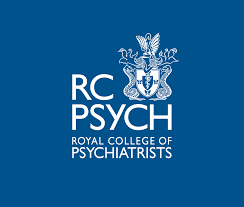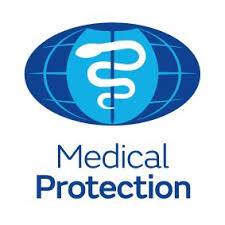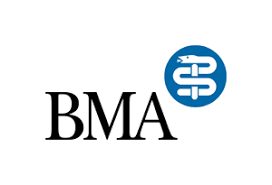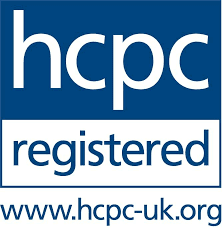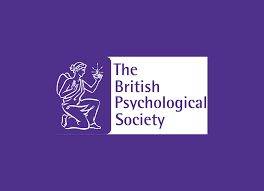Eating Disorders
Eating disorders are most common in younger people but there are many older adults who suffer from eating disorders.

Facts About Dementia
UK

Around 1.25 million people in the UK suffer from eating disorders and many suffer in silence.
Symptoms
- Eating very little or too much food
- Constant worry about your weight or body shape
- Having very strict habits or routines around food
- Deliberately making yourself sick or taking laxatives after eating
- Avoiding socialising when you think food will be involved
- Exercising too much
- Dizziness, loss of consciousness
- Hair loss
- Vitamin deficiencies
These eating disorders include Anorexia Nervosa (Eating very little in order to lose weight), Bulimia (Overeating and purging) and Binge Eating (Severe Overeating at times). This is a major problem because especially with older adults, your body is not as strong as they used to be so you are more vulnerable to having the worst effects of eating disorders.

Treatments
Physical treatments:
- Antidepressant or Anxiolytic (Anxiety) medication
Psychological therapies:
- CBT
- Motivational Therapy
- Trauma Focused Therapy
Attentive Symptom Monitoring
- Physical health monitoring

Oaktree Assessment Tool

Contact Us
To book an online mental health assessment appointment with Private Psychiatrists, Private Psychologists and Private TherapistsWe aim to respond within one working day

